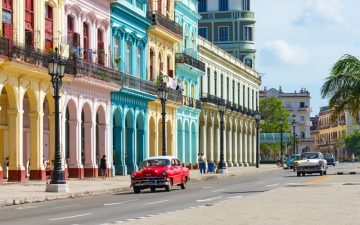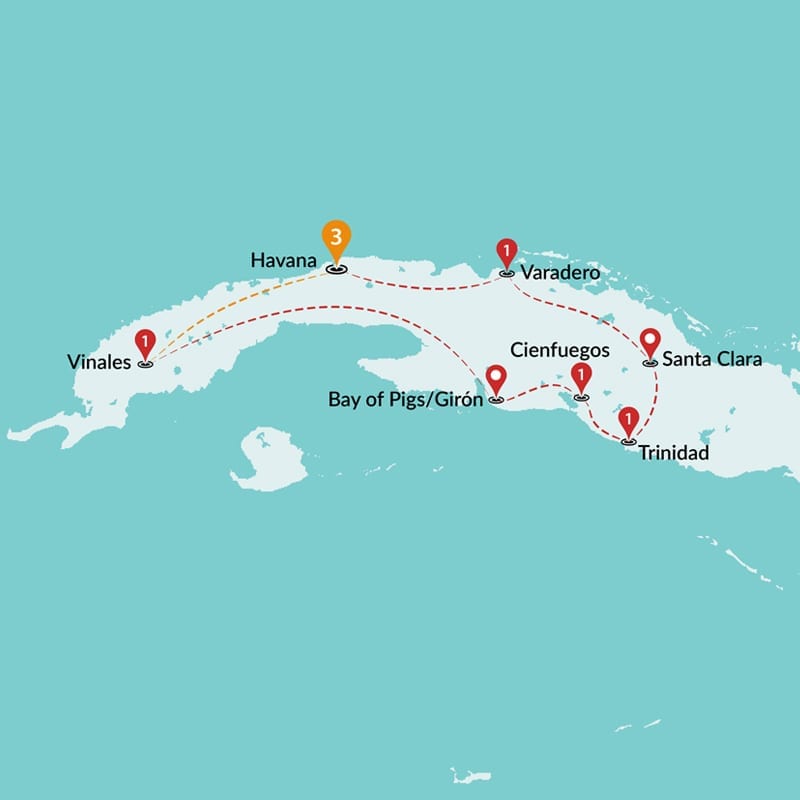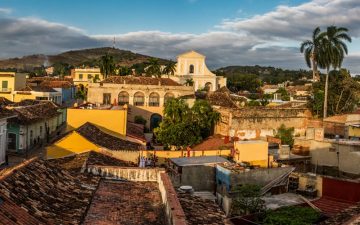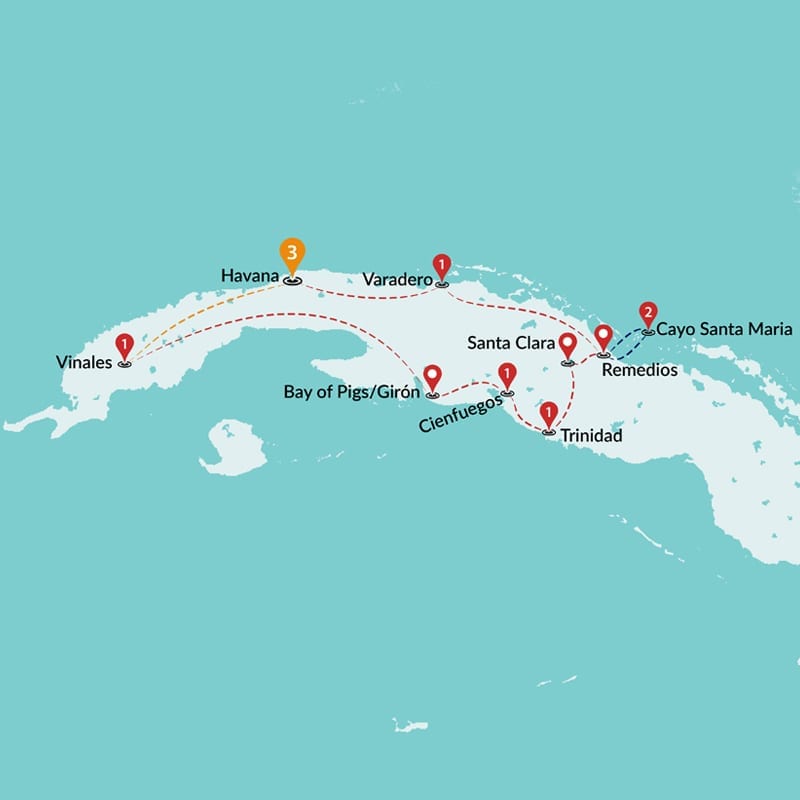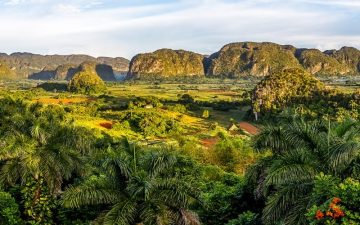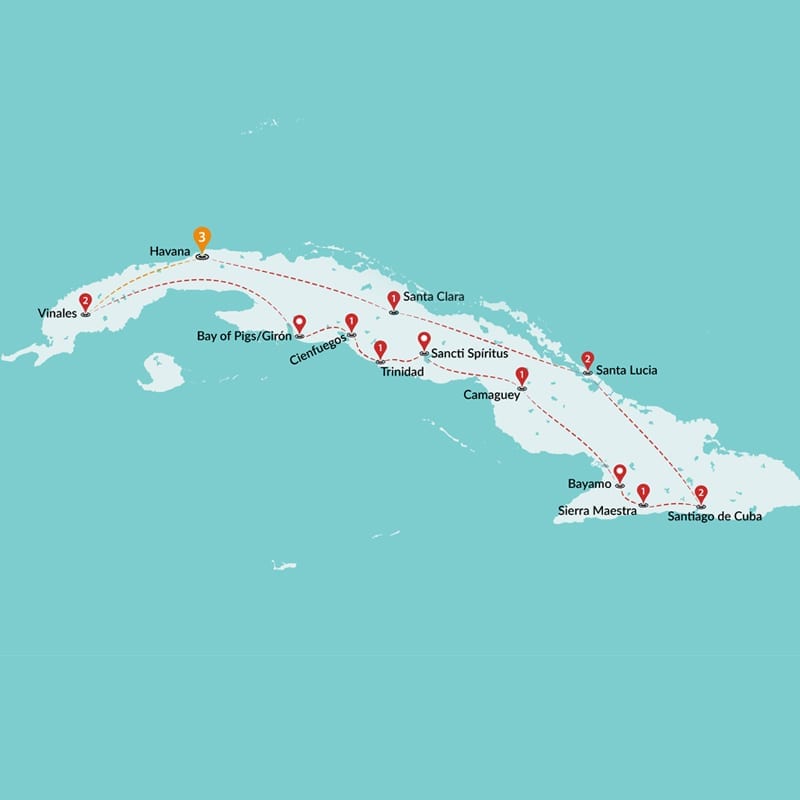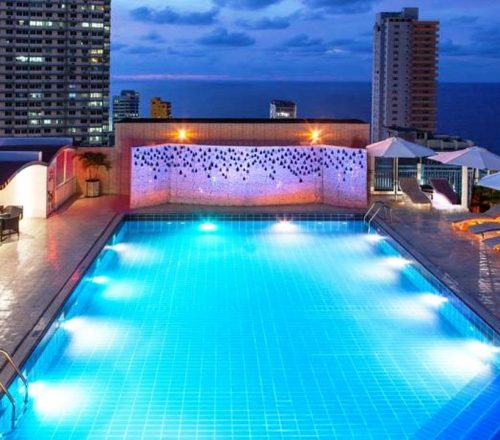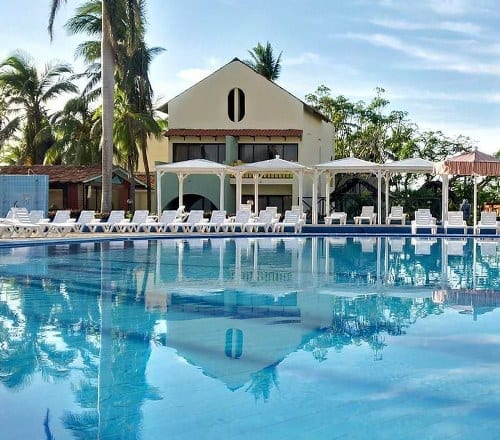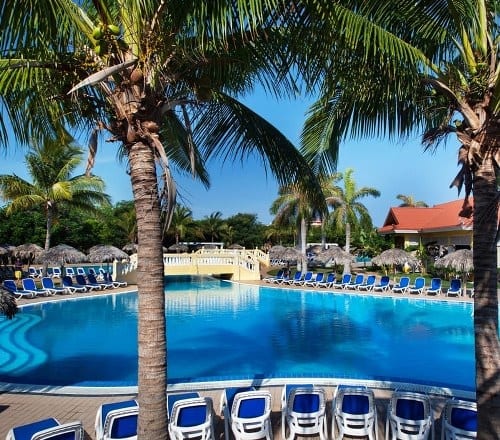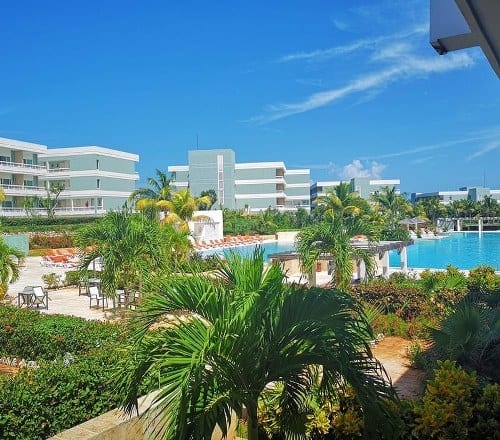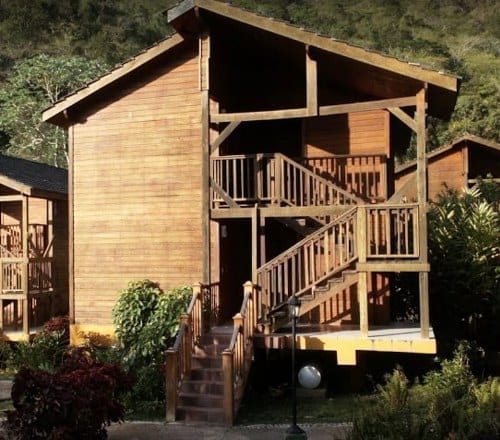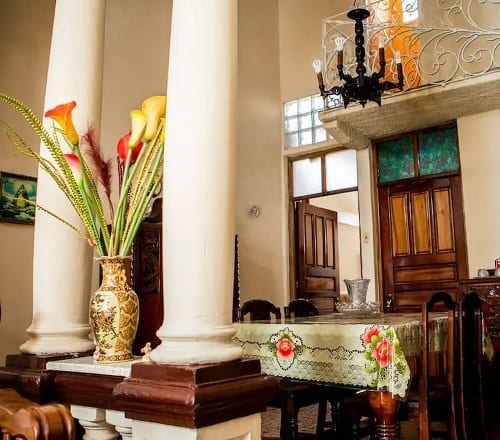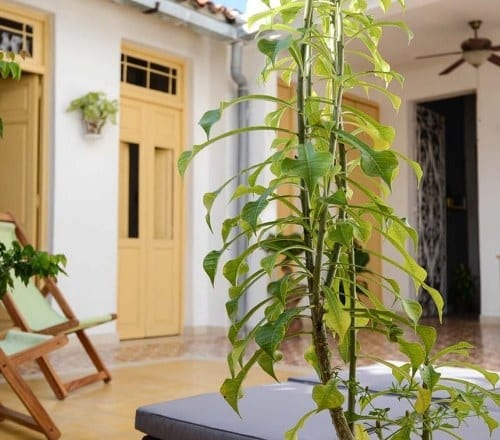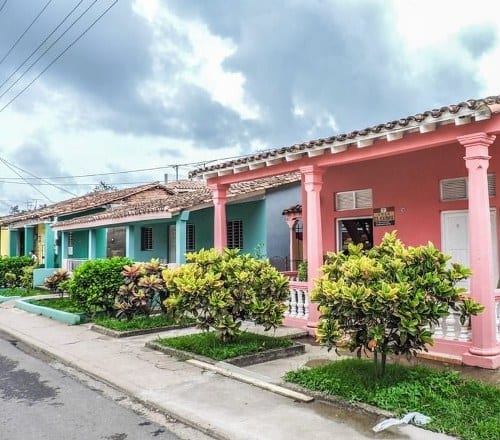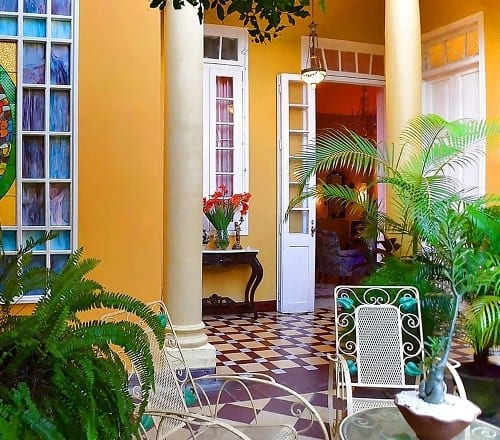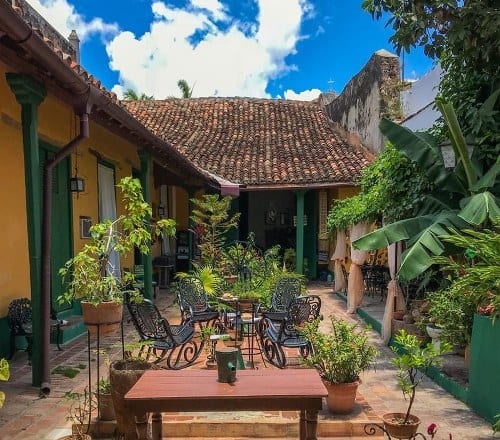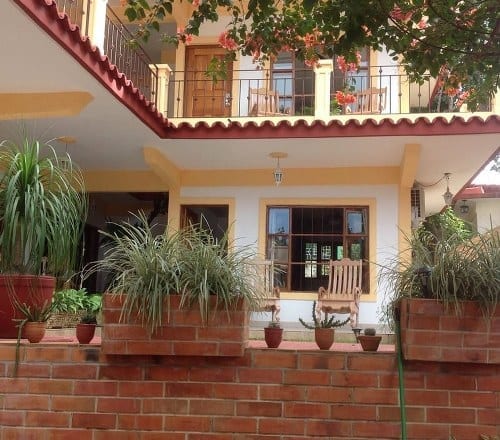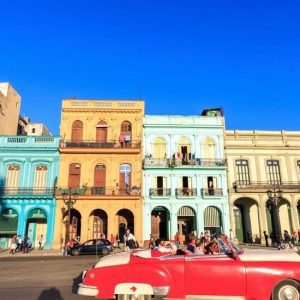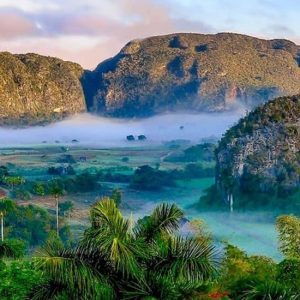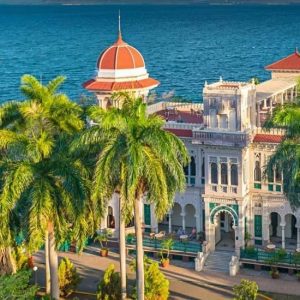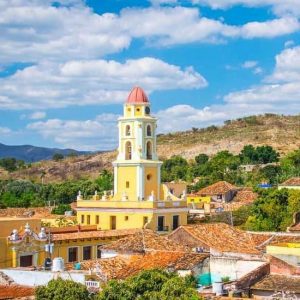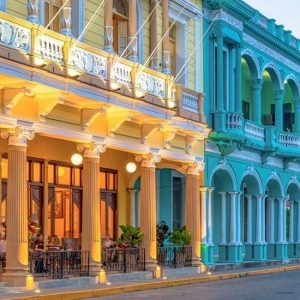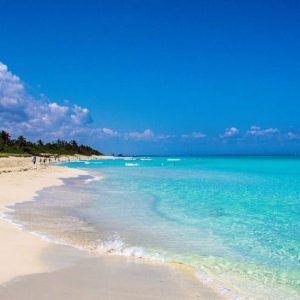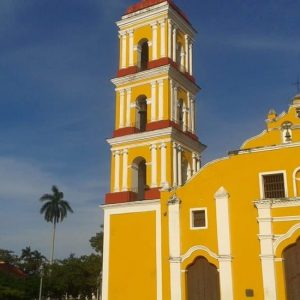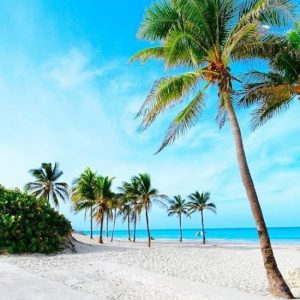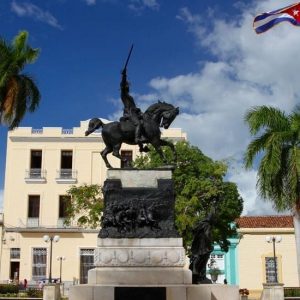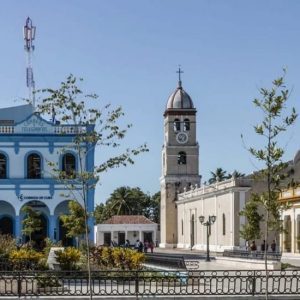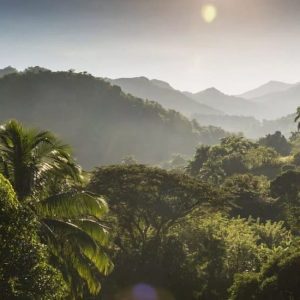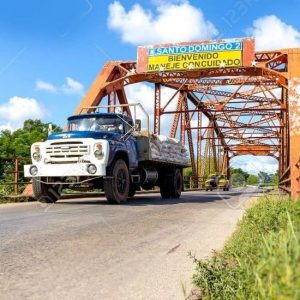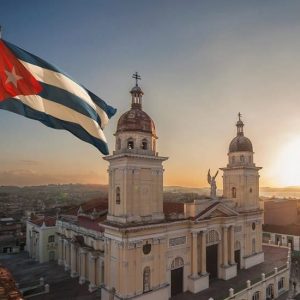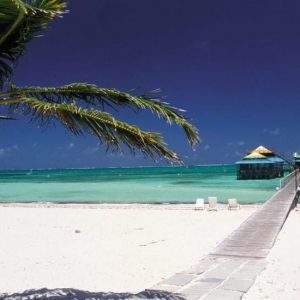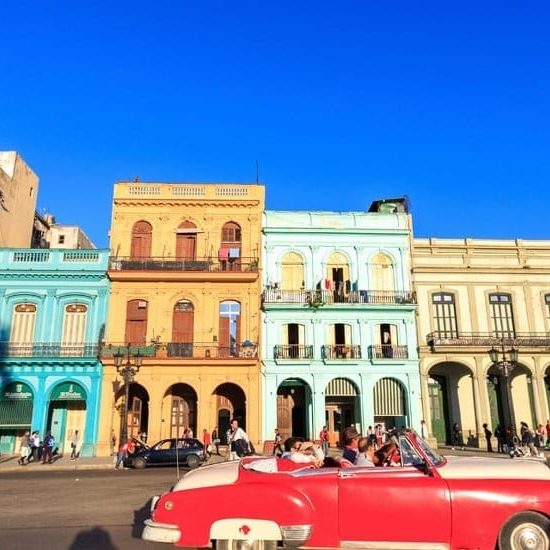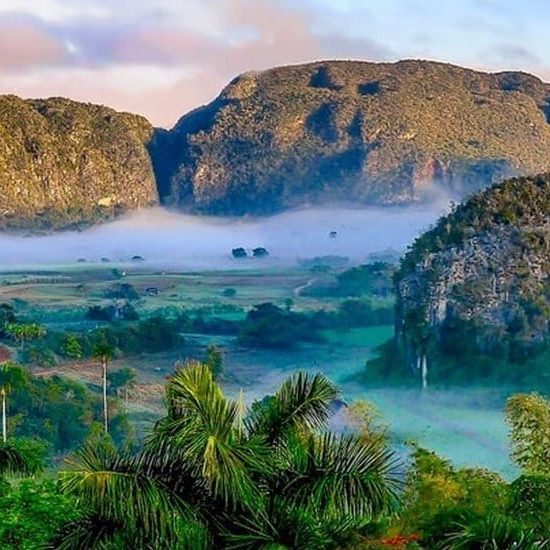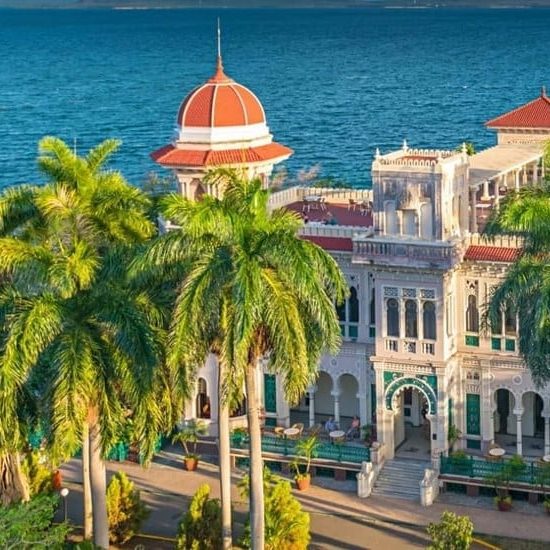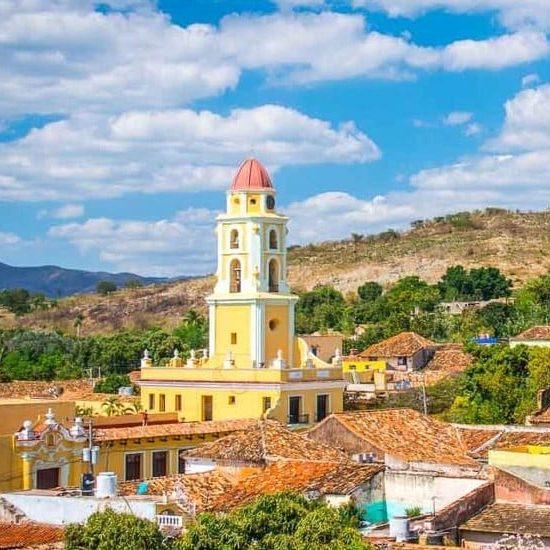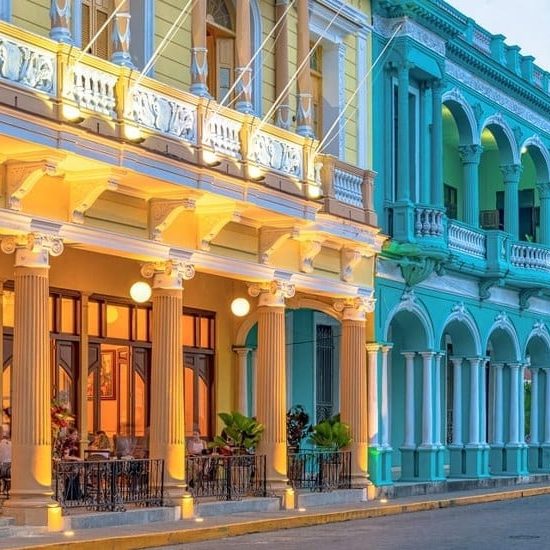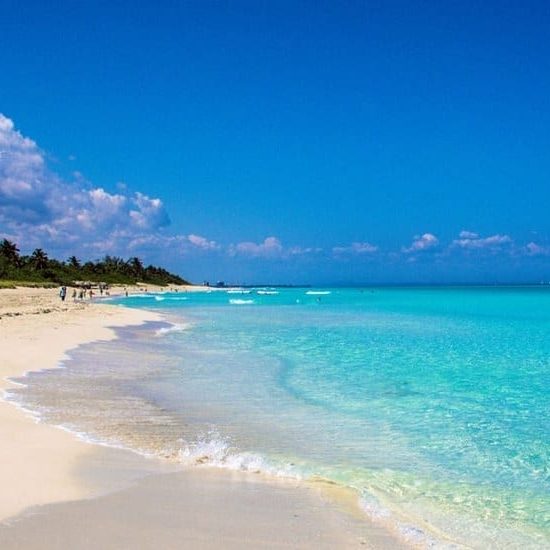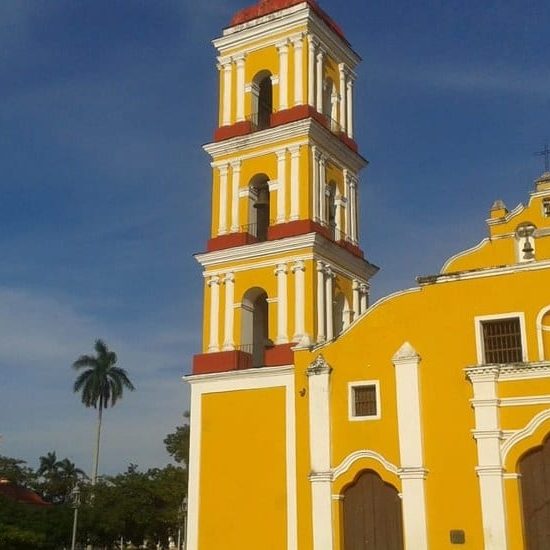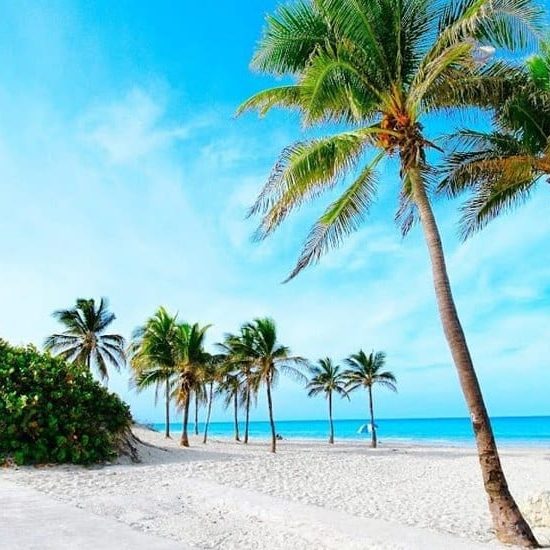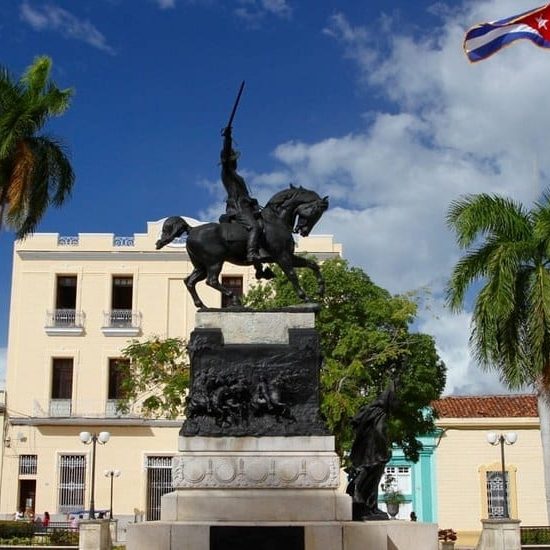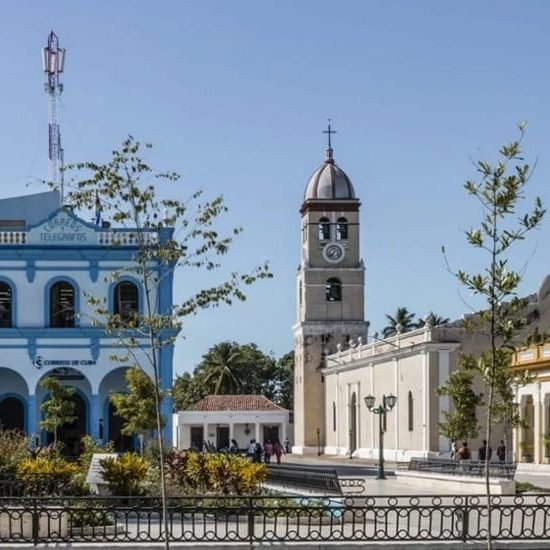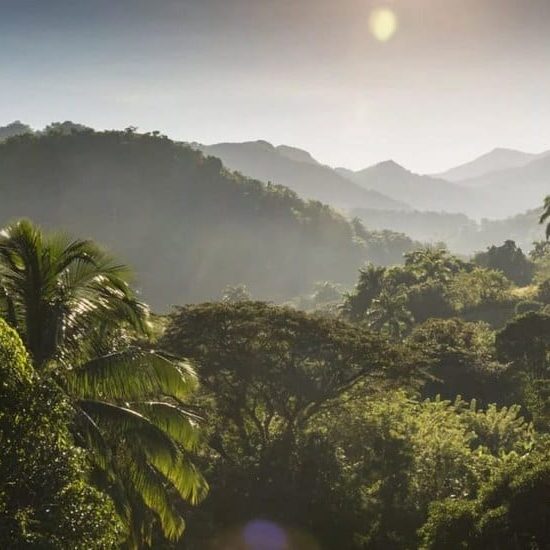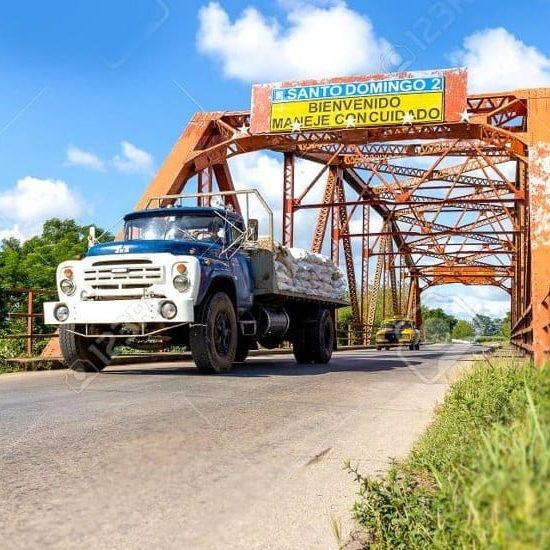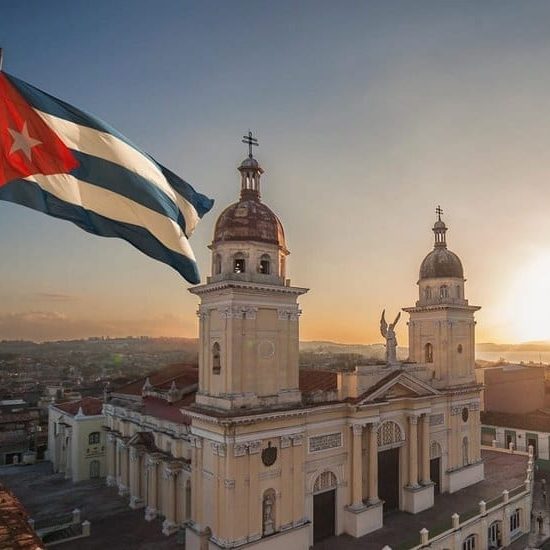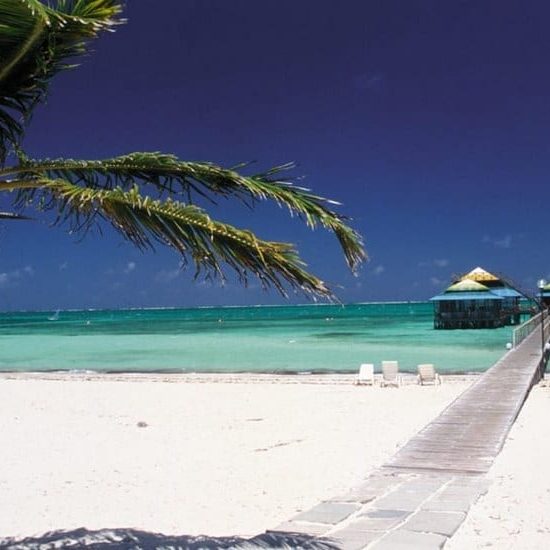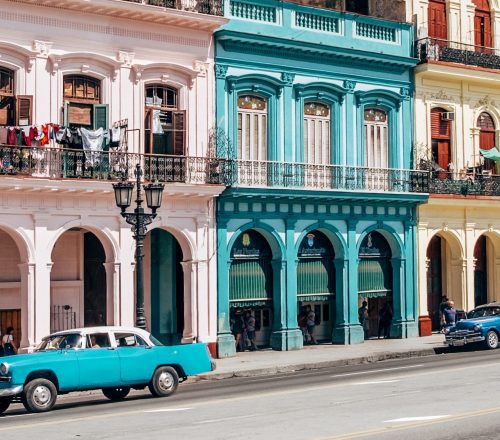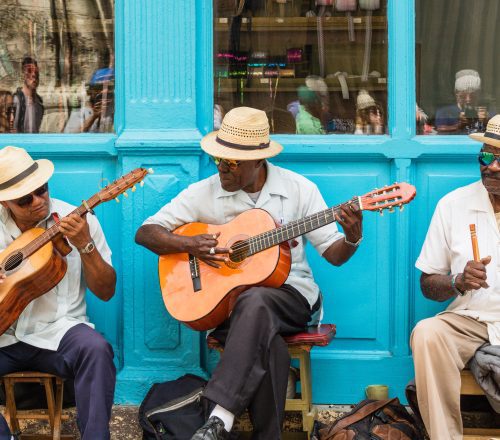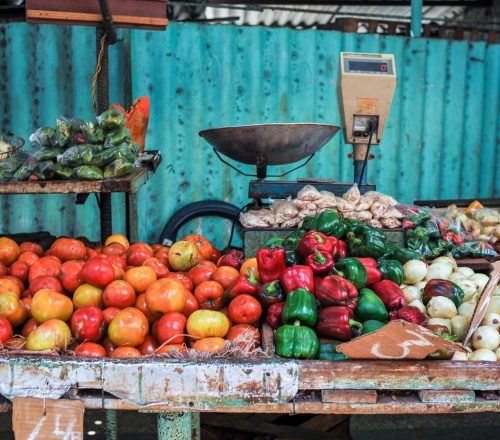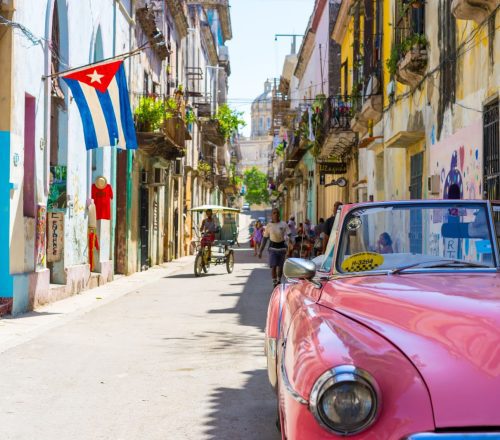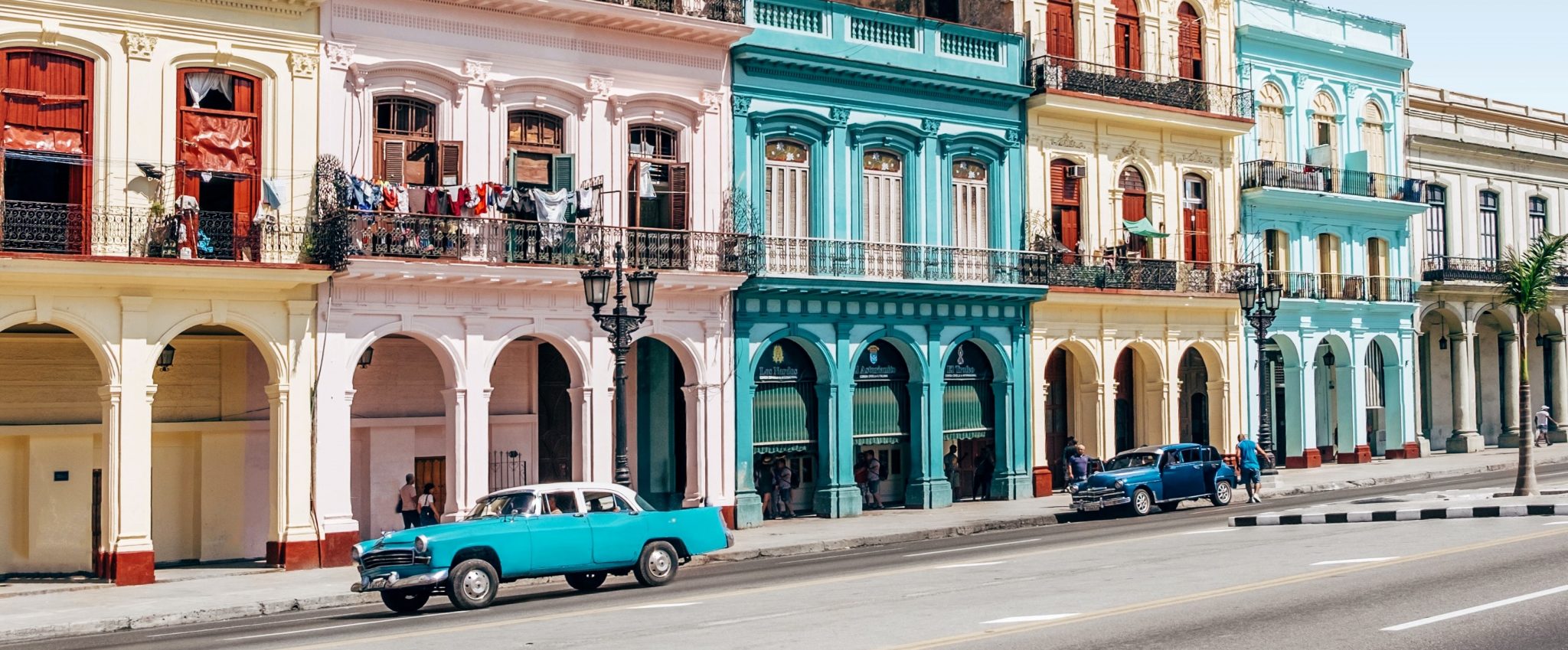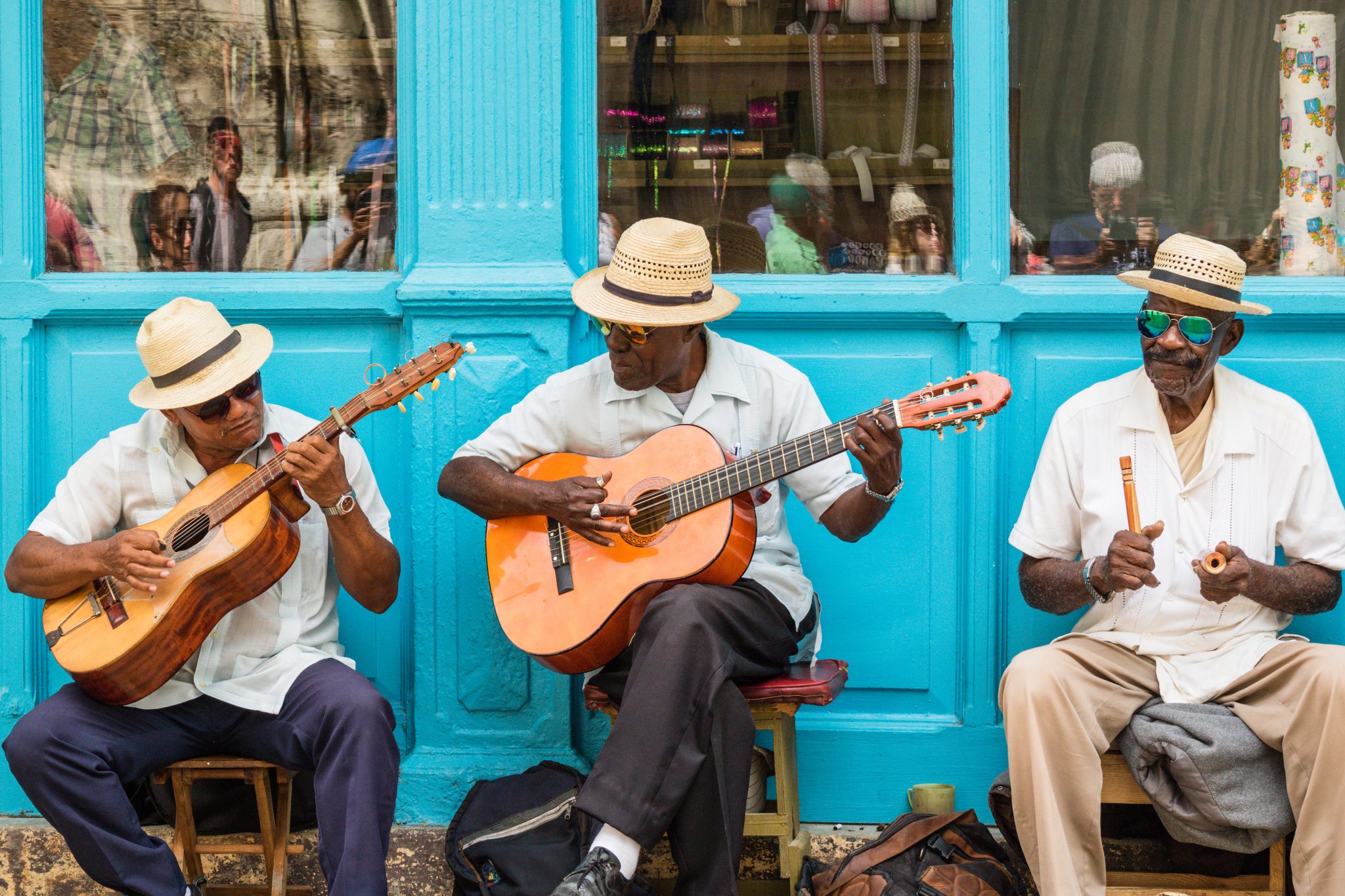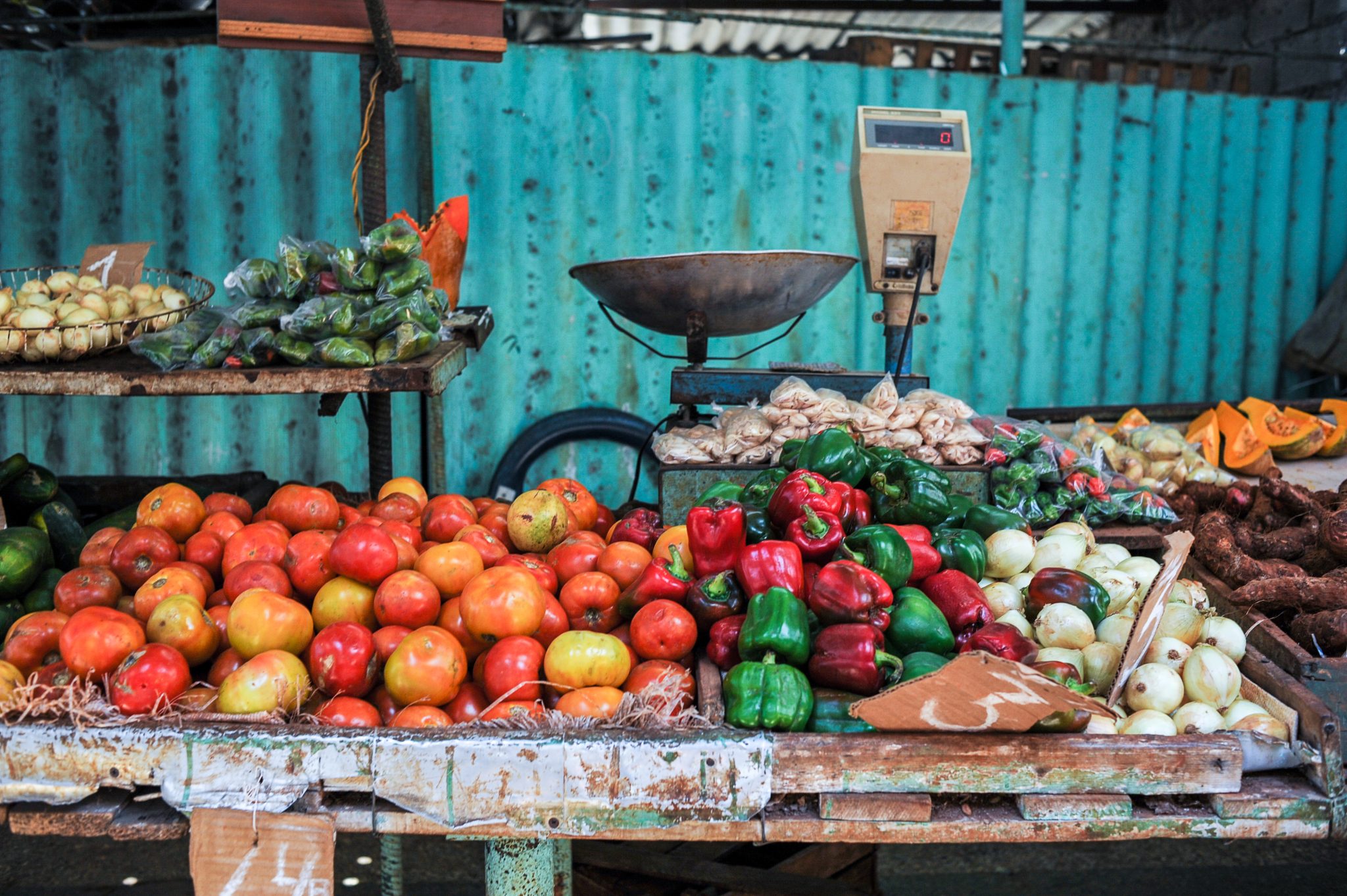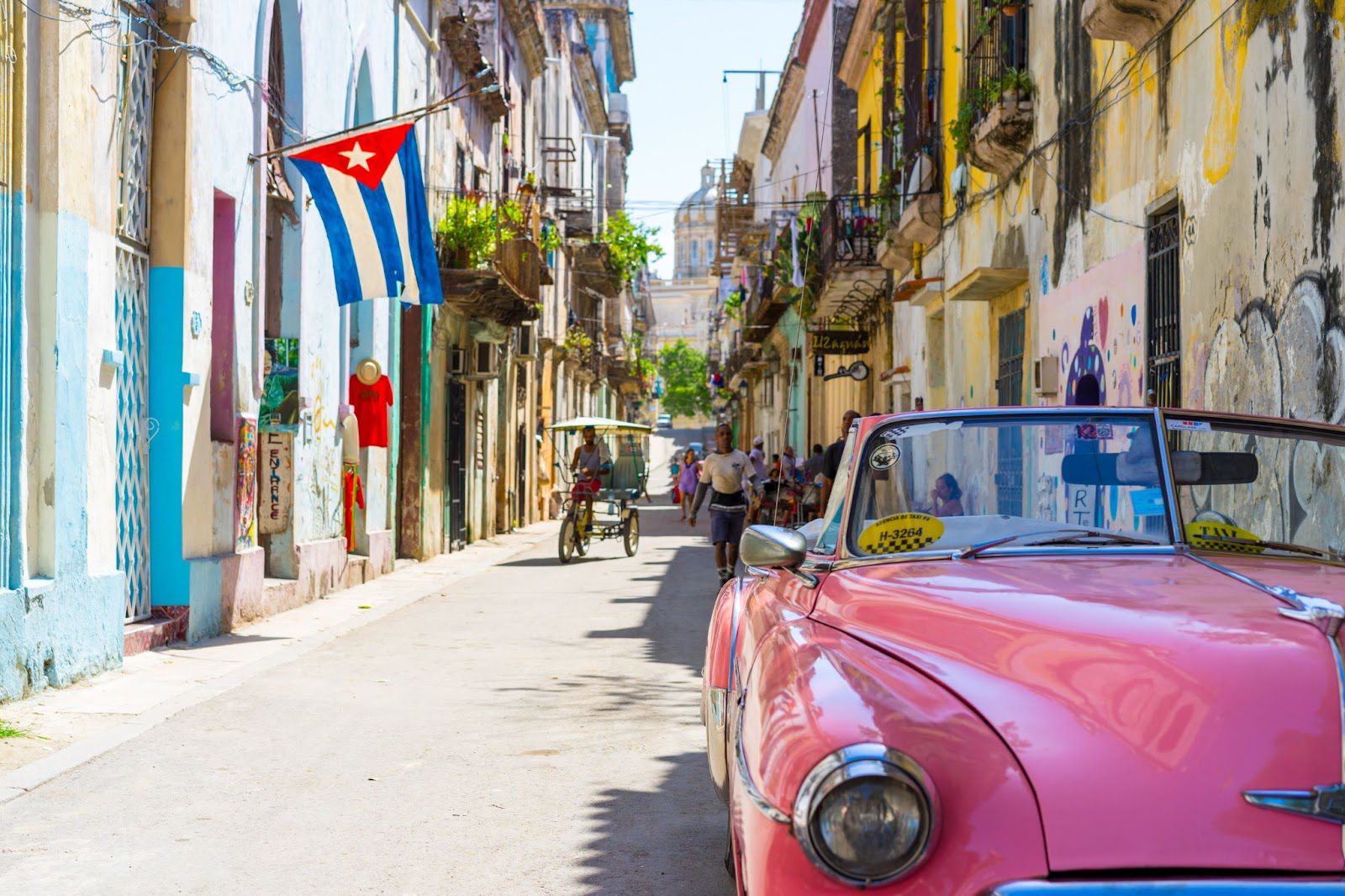Located in the Caribbean, travellers can expect balmy, tropical temperatures all year round in Cuba. The best time to visit for dry weather and blue skies is between November and April with daytime temperatures of 26-31°C. May to November is considered the wet season in Cuba with June to October experiencing the highest levels of rainfall. However, showers tend to be short and sharp, so you can still expect plenty of time to enjoy the sunshine no matter what time of year you visit. If you're looking to visit without the tourist crowd, then May and June or September and October are ideal.
We closely monitor the latest travel updates for Cuba and follow the advice of the UK Foreign Office.
For the latest travel advice from UK Foreign & Commonwealth Office (FCDO), please
click here.
Most travellers require a tourist card (visa) to enter Cuba, which must be obtained prior to travelling through travel agents or the Cuban Embassy. Travel Talk strongly recommends travellers to obtain a tourist card, where applicable, before arriving in Cuba.
Please visit your national Government's Official Foreign Travel Advice website for further information on entry requirements to Cuba.
This information is provided as a guidance only. Travel Talk strongly advises to consult your travel agent or national embassy before travelling, as visa information can change at any time with little notice. It is your responsibility to prepare all necessary visa documents before travelling.
Cuban culture has undergone a major transformation since the revolution and wars for independence. Due to the Cuba's rigid communist history, the development of the country is behind neighbouring nations. While conveniences such as Wi-Fi are now available, they are not widespread as is typical of most Western countries. The nation's rich culture which is largely an amalgamation of African and Spanish influences with the most well-known traditions, cultures and festivals encompassing around music and dance. As the birthplace of classic dance styles like the Bolero, Mambo and Cha Cha, the country boasts an impressive ‘sway’.
Cuban cuisine – popularly known as comida criollla – has improved immensely since new privatization laws, passed in 2011, inspired a plethora of pioneering restaurants to take root, particularly in Havana. Cuban meals are characterized by congrí (rice with black beans), meat, fried plantains (green bananas), salad (limited to seasonal ingredients) and root vegetables. If you like rum, you'll be well suited to Cuba! The national drink is available everywhere and is generally the most inexpensive alcohol available. Havana Club reigns supreme as the most widely available rum brand.
Shopping in Cuba is all about cigars, rum, world-class art and unique handicrafts. Old Havana is considered the hive of all shopping activity and is the perfect place to pick up some local souvenirs including unique jewellery, leather shoes, and hand-crafted goods. With credit cards rarely accepted across Cuba, it's important to remember cash is king!
The Cuban calendar has no shortage of colourful festivals, offering travellers a unique opportunity to get up and personal with the nations people, culture and music;
- Havana International Jazz Festival:
Music has long formed a cultural bridge in Cuba and The Havana Jazz Festival is one of nations most well-known music events. It sees world-renowned musicians perform in venues across historic Havana and the streets fill with locals and travellers eager to feel the rumba rhythms. Typically held in January every year, this is one vibrant festival not to be missed!
- Santiago de Cuba Carnival:
The carnival of Santiago de Cuba is the largest and most traditional carnival in all of Cuba. Its an explosion of colour, contagious drum rhythms, and dance. It is also a time for Cubans to re-gather themselves and remember their history, community, and culture. The festival is often punctuated by the Cuban national holiday of July 26th and is held in the second biggest city, Santiago.
 Spring Sale: 2 FOR 1
Spring Sale: 2 FOR 1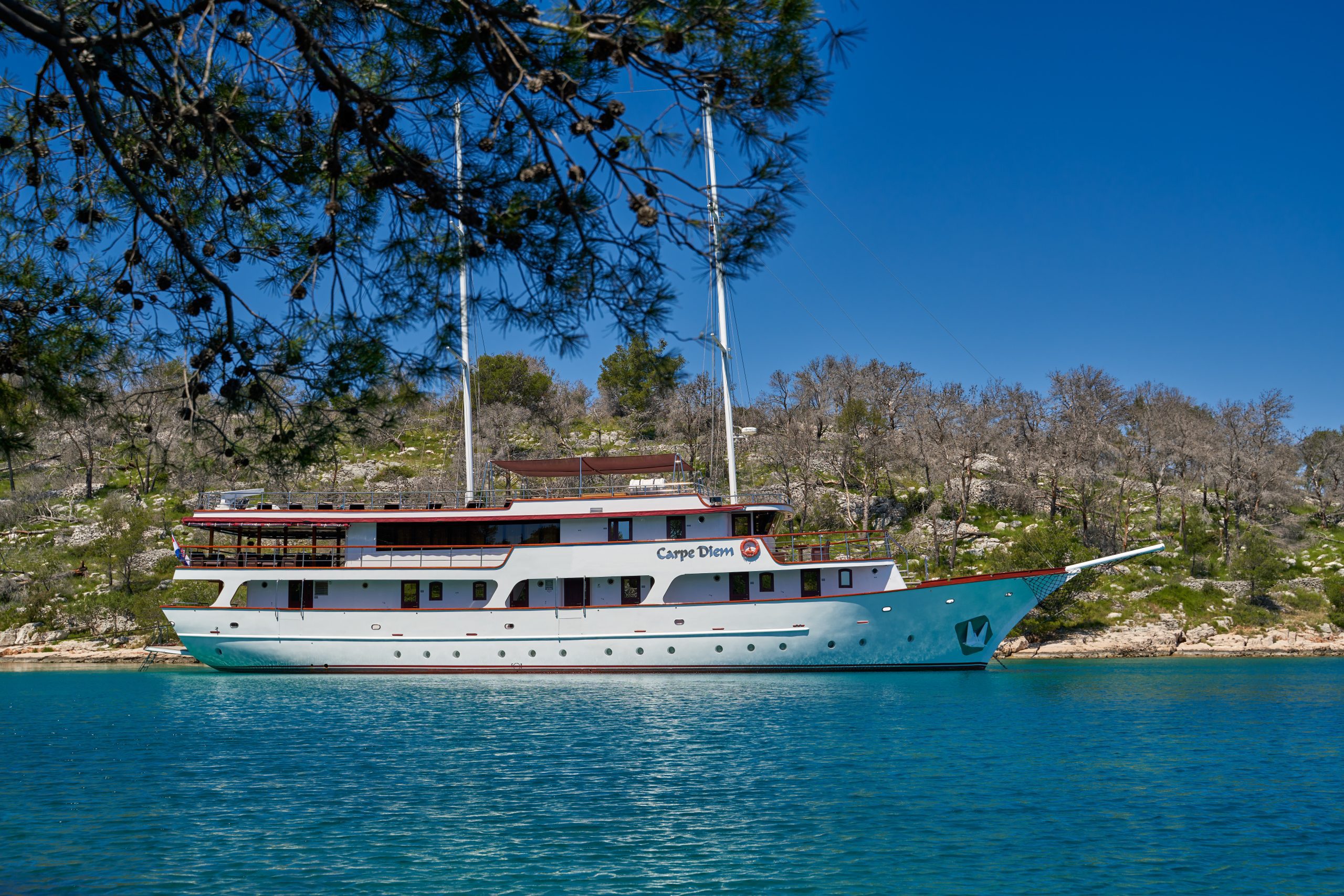 Croatia Sailing 2024: 2 For 1
Croatia Sailing 2024: 2 For 1 Greece Trips : 2 For 1
Greece Trips : 2 For 1 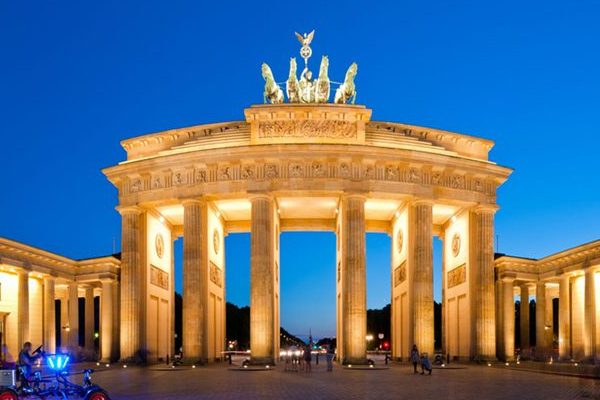 Central & Eastern Europe Tours: 2 For 1
Central & Eastern Europe Tours: 2 For 1  Why Travel Talk
Why Travel Talk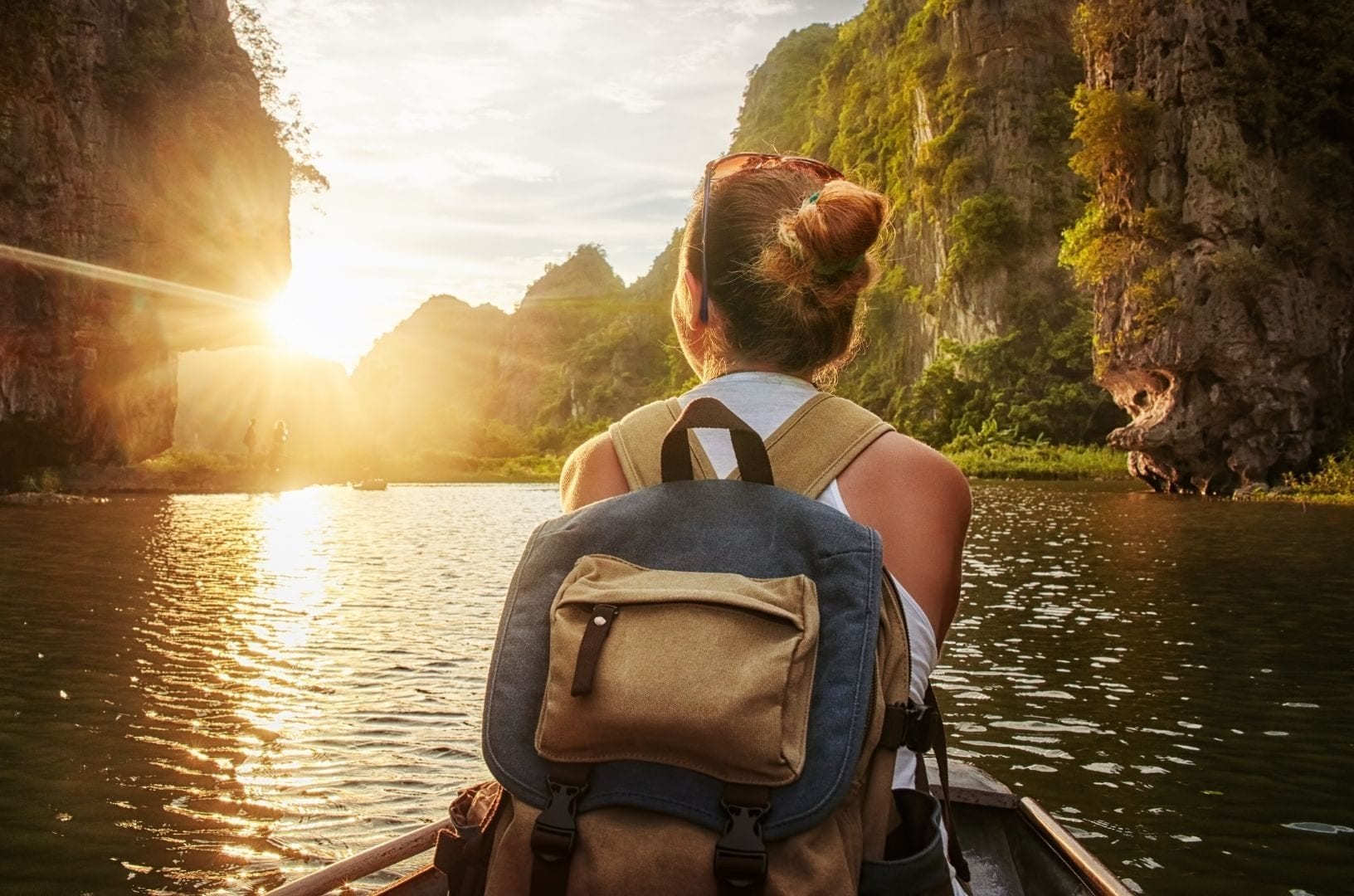 Safe Travels with Travel Talk
Safe Travels with Travel Talk Fair Travels with Travel Talk
Fair Travels with Travel Talk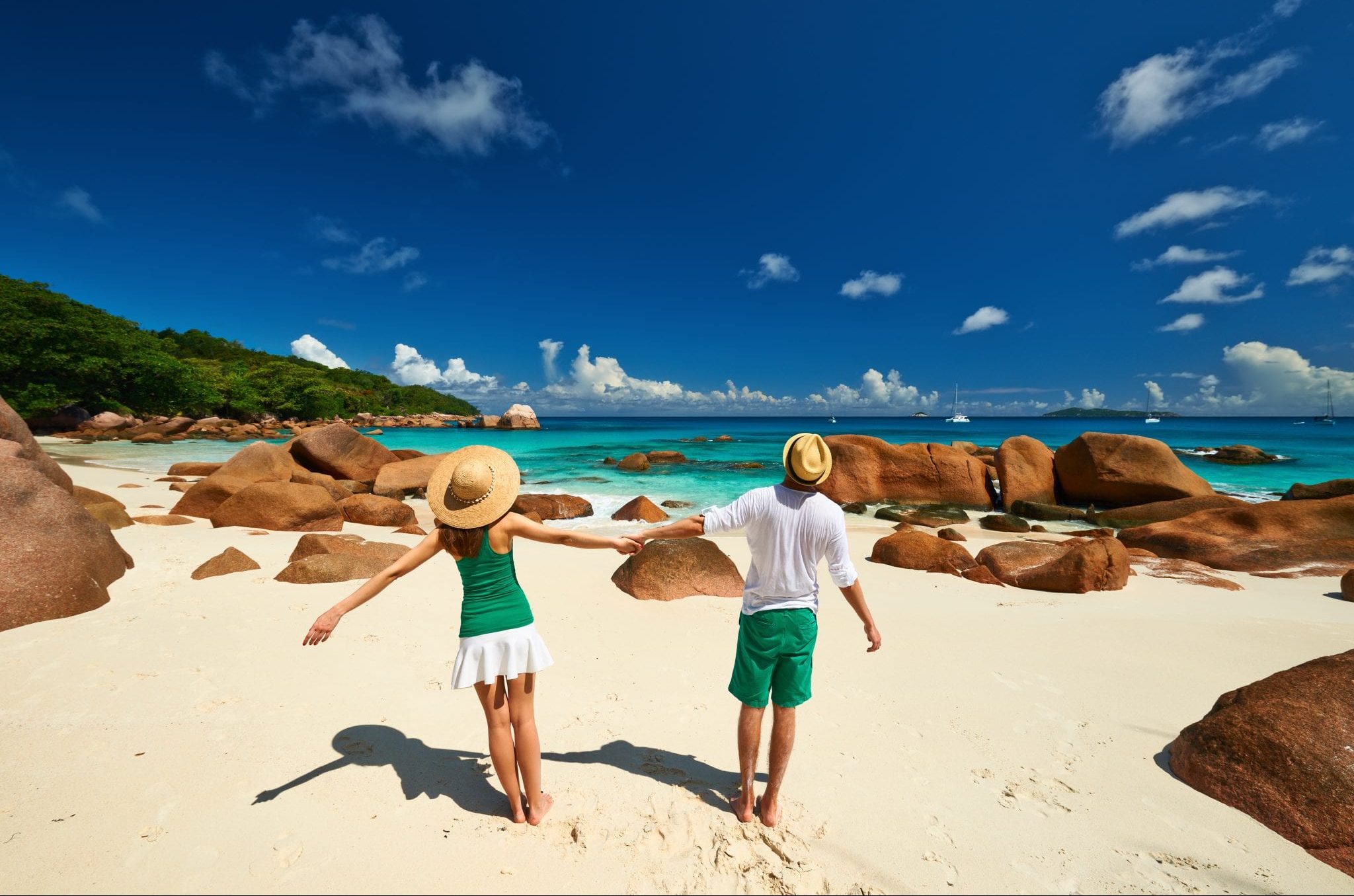 Travel Talk Blog
Travel Talk Blog